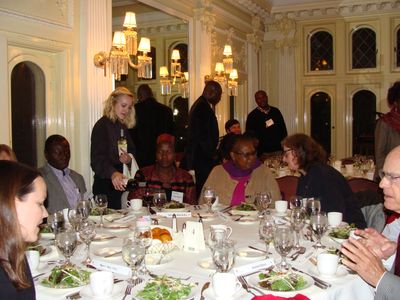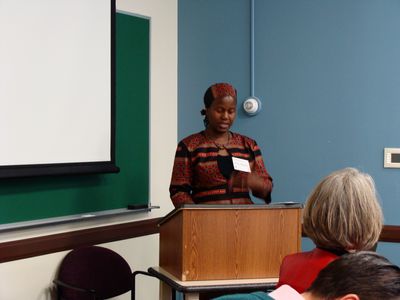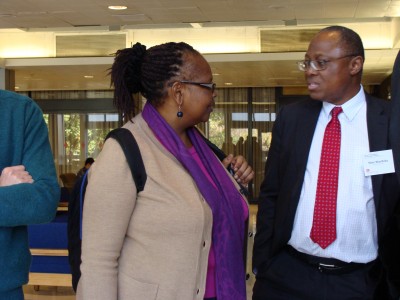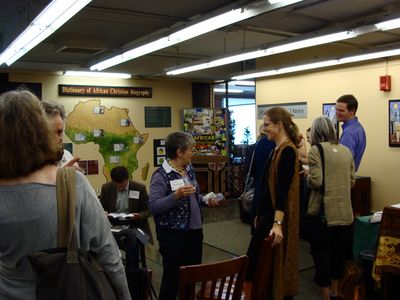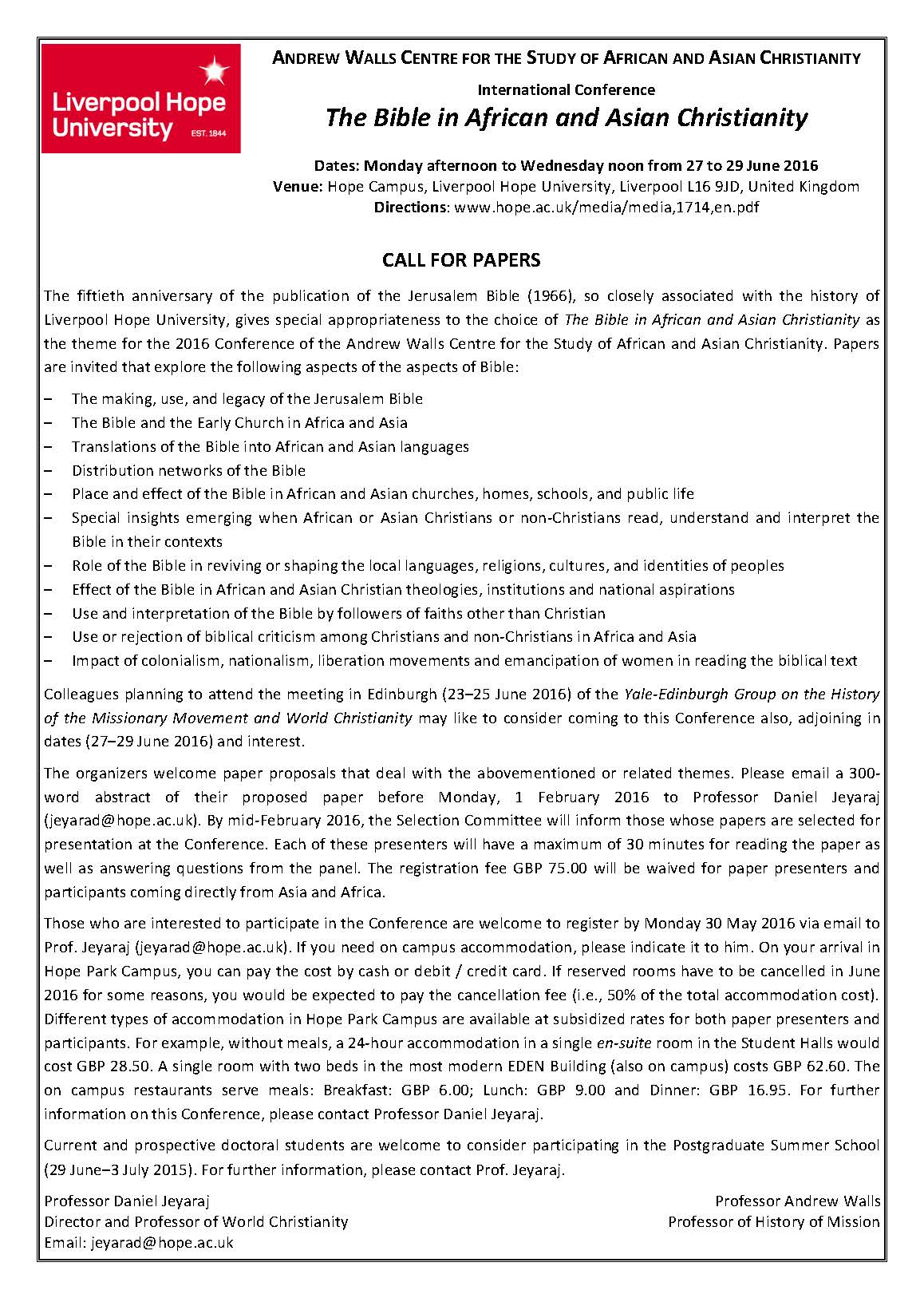African Initiatives
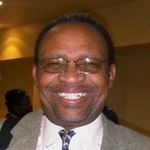
Boston University hosts the second oldest African Studies Center in the United States, and is recognized by the federal government for its excellence in the study of African languages and cultures. The School of Theology is a vital component of African Studies at Boston University, beginning with the sending of graduates to Africa as missionaries over a century ago. Important African alumni include Bishop Josiah Kibira (1964 graduate), the first African head of the Lutheran World Federation; Dr. Kenaleone Ketshabile, Head of the Mission Desk, Methodist Church of Southern Africa; Yusufu Turaki, Professor and former General Secretary of the Evangelical Church of West Africa; and Professor Emmanuel Anyambod, Rector of the Protestant University of Central Africa.
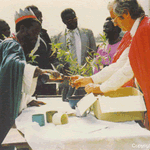
Africa research in the CGCM grows from the work of retired Professor M.L. “Inus” Daneel. His over forty-year presence among African Initiated Churches in Zimbabwe culminated in the 1990s with the largest tree-planting movement in southern Africa, and a program in Theological Education by Extension. The son of missionary parents, Daneel served as a missionary of the Dutch Mission Councils, and then as professor of African theology and missiology at the University of South Africa. He and Professor Robert co-edit the African Initiatives in Christian Mission Series, published by the University of South Africa Press. The goal of the series is to reflect upon contemporary African Christianity, and to document its expansion. Other Africa projects include the digitization of Daneel’s photography and publications on the multimedia site Old & New In Shona Religion, and ongoing research into southern African traditions of earth-care.
See also the Dictionary of African Christian Biography (DACB) listed under Digital Projects.
Dr. Marthinus Daneel, Africa Research Director
Jesse Lee Prize Awarded to Doug Tzan
 The General Commission on Archive and History (GCAH) of The United Methodist Church announced the 2015 winner of its highly sought-after Jesse Lee Prize: The Rev. Dr. Douglas Tzan (pictured), elder and full member of the Baltimore-Washington Annual Conference. Tzan’s award winning manuscript is titled "The World His Circuit: The Methodist Odyssey of William Taylor."
The General Commission on Archive and History (GCAH) of The United Methodist Church announced the 2015 winner of its highly sought-after Jesse Lee Prize: The Rev. Dr. Douglas Tzan (pictured), elder and full member of the Baltimore-Washington Annual Conference. Tzan’s award winning manuscript is titled "The World His Circuit: The Methodist Odyssey of William Taylor."
This work is a case study of a Methodist preacher, missionary, author, evangelist and bishop who not only mobilized the then Methodist Episcopal Church across the American frontier but brought the same energy, organization and enthusiasm across six continents. William Taylor (1821-1902) introduced American revivalism in places other missionaries disregarded, growing churches among marginalized populations, especially in South Africa and India. Forged in American Methodism, his global encounters with different cultures, languages and religions shaped the ways and means of the entirety of Christian mission outreach for generations.
The Jesse Lee Prize, awarded once every four year is named for United Methodism’s first historian (1758-1816) and given for serious manuscripts about the denomination’s history, including studies of antecedent Methodist churches or its missions. The $2,000 prize is granted by GCAH to assist authors with publication of their manuscript related to Methodist history.
The Rev. Dr. Tzan currently serves on the staff of the Sykesville Parish (St. Paul’s and Gaither UMC) in Sykesville, Maryland. He holds a PhD. in the field of the History of Christianity from Boston University where his extensive research of William Taylor began. Tzan continued his research utilizing materials at the United Methodist Archives and History Center in Madison, New Jersey. Tzan is a graduate of Iliff School of Theology and The University of South Carolina. He teaches at Wesley Theological Seminary and Boston University School of Theology.
GCAH is pleased to sponsor the Jesse Lee Prize awarded next in 2019. Information about various awards, grants and prizes for scholarly work in Methodist History can be found at http://gcah.org/research/grants-and-awards .
Mennonite Brethren Historical Study Project Awarded
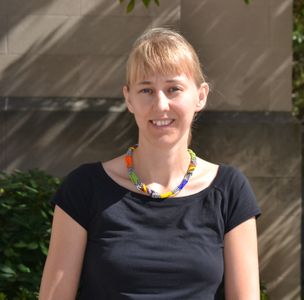 Anicka Fast, a first-year student in Mission Studies at Boston University, received the Mennonite Brethren Historical Commission's study grant for 2015. Before moving from Montreal to Boston, Anicka worked with the Mennonite Central Committee in the Democratic Republic of the Congo for three years. Anicka's research interests include intercultural reconciliation and power balancing in the global church, Anabaptist missiology and ecclesiology, the history of the missionary encounter in the DR Congo, and African political theology. Her grant is in the amount of $2,865, and will be disbursed in May 2016. Anicka's project title is, "Identity and Power in Mission: A Study of Cross-Cultural Relationships among North American and Congolese Mennonites."
Anicka Fast, a first-year student in Mission Studies at Boston University, received the Mennonite Brethren Historical Commission's study grant for 2015. Before moving from Montreal to Boston, Anicka worked with the Mennonite Central Committee in the Democratic Republic of the Congo for three years. Anicka's research interests include intercultural reconciliation and power balancing in the global church, Anabaptist missiology and ecclesiology, the history of the missionary encounter in the DR Congo, and African political theology. Her grant is in the amount of $2,865, and will be disbursed in May 2016. Anicka's project title is, "Identity and Power in Mission: A Study of Cross-Cultural Relationships among North American and Congolese Mennonites."
Biographer’s Craft
The Dictionary of African Christian Biography was recently highlighted by the Biographer's Craft, a monthly newsletter for writers and readers of biography. The article was written by Kathleen Sheldon who participated in the African Christian Biography Conference held at Boston University, October 29-31, 2015.
|
|
Highlights of the “African Christian Biography” Conference
The CGCM hosted the conference on the theme of “African Christian Biography: Narratives, Beliefs, and Boundaries,” from Thursday, October 29 to Saturday, October 31. Approximately sixty scholars and graduate students converged on the School of Theology from Nigeria, Zimbabwe, Kenya, Ghana, Great Britain, and various universities in the United States and Canada to present papers and discuss issues on the theme of African Christian Biography. As an intersection between scholars in religious studies and African studies, the conference was a venue for cross-fertilization between the various fields represented. Furthermore, it was an opportunity to celebrate the twentieth anniversary of the Dictionary of African Christian Biography (DACB).
In the opening plenary, DACB Project Director Jonathan Bonk presented a brief historical overview by looking at the “What?, the Why?, the How?, and the Now What?” of the project. In the Friday morning plenary address, Prof. Lamin Sanneh of Yale University focused his talk on Sir Samuel Lewis whose extraordinary life illustrated the power of human example in the service of religion and society in 19th century West Africa. The afternoon plenary panel with noted scholars Kathleen Sheldon, Richard Elphick, and Diana Wylie addressed, among other questions, the challenge of the portrayal of belief in biography as well as the various uses of biography in historical writing. The dinner plenary by Boston University professor Linda Heywood offered an opportunity to explore the life of a notable 17th century Kongo figure, Queen Njinga.
In the concurrent sessions, questions raised either in the papers or in the subsequent discussion included the role of biography in pedagogy, orality and memory in biography, the use of photography and film in biography, and the use of biography for highlighting the stories of women the Global South. Almost a third of the papers examined the stories of African women, exploring their roles as helpers and leaders, most often unrecognized in the historical record. The discussions also looked at the role of biographers as portrait artists who must paint their subjects with humility and empathy.
In the closing session, the progress of the DACB was praised and many participants offered ideas and challenges for new developments in the future. Conference organizer Dana Robert offered a few words about the book that will be published as a fruit of the conference.
Call for Papers: The Bible in African and Asian Christianity
Dear Colleagues and Friends,
